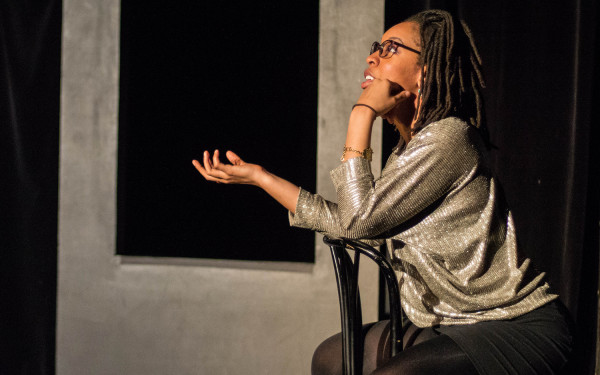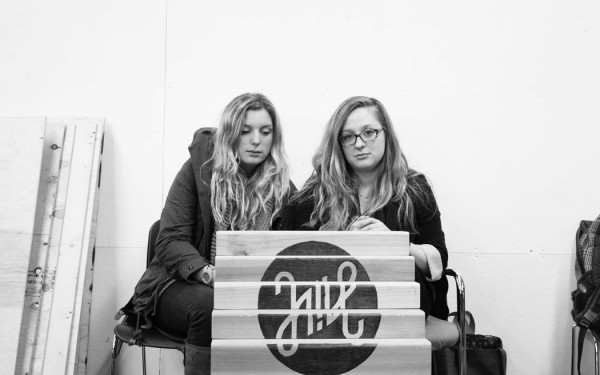They Aren’t That Nice
I am writing to you in reference to “Kettle to the Metal” published in Vol. 31, Iss. 27 of The Link. Reading through the first half, I was happy to see that you were in tune with at least a fraction of the issues at hand in a state where absolute compliance with a normative life is enforced by increasingly violent police corps—from the other side of a 9mm pistol. This relative understanding came to a rather abrupt end when you started documenting your arrest and your jovial interactions with Montreal’s worst. I find it quite grave to be relieving members of the Montreal police of their responsibility as carriers of pistols, batons, shields and that badge stained with the blood of the 43 killed at their hands since 1987. You paint a portrait of the friendly bobby who’s just doing his job and would rather not be there. This image of the gentle enforcer becomes one of a kind caring community member even whilst your “mother” is disabling you and suspending your rights, “I smiled politely as he continued searching me, emptying the contents of my backpack into a clear plastic garbage bag. As he led me towards one of the city buses, my jacket fell from around my shoulders. Noticing this, the officer gave me a motherly warning. ‘You have to be careful, you’ll catch a cold,’ he said reproachfully as he adjusted my coat.”I’m perplexed as to how you don’t find this to be a patronizing humiliation. This is exactly the kind of psychological violence which leads to the police’s absolute power over our lives and our bodies. This relationship is one with very masculine connotations characterized by a paternal dominance through ridicule and physical control and aggression, not of maternal affection.
I’m at a loss as to how you can’t see this. If he behaves like this towards you —good citizen, professional journalist—what do you think he will do with the weapons that he carries daily to any slightly subversive or marginal person? There is a huge problem in the fact that one moment he will smash your head in order to protect Calvin Klein and the next he will tickle your neck whilst adjusting your coat.You also present a clear demonstration of one of the many pitfalls of journalism: you protect yourself with your job status with absolutely no acknowledgement of your privileged position, and go as far as discrediting those around you as “scruffy, punk kids.”
You don’t explain how you tried to wriggle out of your predicament by using the excuse of the innocent journalist. Instead you distance yourself from the oppressed, whilst ridiculing them. Identifying yourself as everything that the “Anarchist or black bloc extremist” is not: responsible, reasonable and professional, this is a kick in the nuts for everyone who was at that protest and even the families of those killed at the hands of the police.
Do you not realize that the police might treat journalists differently from others? Your experience is a country mile from the objective truth and you need to assume that.
Hiding behind the status of journalist and not taking a political position is the common trick of the trade and by not denouncing it, ends up supporting the dominant discourse. Is this legitimized by the goal of partial reporting?
What I read here is not objective but on the side of the problem.
—Ian Hoather,
Human Geography
This article originally appeared in Volume 31, Issue 28, published March 29, 2011.





_600_375_90_s_c1.jpg)